Last week Darren Henley, chief executive of Arts Council England, revealed that opera receives just under a fifth of the Arts Council’s total investment in our arts organisations, which amounts to many millions of pounds. Yet it accounts for ‘between 3 and 4 per cent of live audiences in theatres’. How can these figures possibly be justified? Especially when the art form is so obviously a plaything of the wealthy.
Once upon a time there was an organisation that had the intention of providing opera at reasonable prices to the less well-off. It was based in a poor part of London, where it pursued its ideals by presenting everything in English and emphasising the dramatic aspect of its chosen repertoire. From these roots the English National Opera has grown, which helps to explain why it is now in such trouble. Although it continues to perform everything in English, and hopes to employ young British singers, composers and designers whenever possible, it has badly lost its way.
Its ticket prices now rival those at Covent Garden and attract the kind of public for whom foreign languages are less of an inconvenience than for some. As a sign of how the ideal of comprehensibility has tripped the management up, in 2005, after years of debate, it decided to provide surtitles to the translated texts. This was as a result of a survey that revealed that only a quarter of its public could hear what was being sung, which led to the depressing reflection that modern singers pronounced their words less clearly than their predecessors. Lord Harewood, as managing director, had argued against surtitles on the grounds that opera in English was pointless if it couldn’t be understood and that they would undermine the case for a publicly funded opera company that sold itself on its English-language productions.
That argument might have been better heeded, since by having surtitles ENO comes closer to the world of Covent Garden. It is interesting that in the financial crisis that the company is currently experiencing no one I’ve heard has suggested merging it with the Royal Opera House. This idea was standardly aired during the crises of the past, but every time it was felt that ENO offered something uniquely valuable. Since then that something has become a run of very alternative ways of looking at opera, often produced by people with no previous experience. The public has reacted more or less well to these initiatives — in the 1980s the productions made a big name for themselves. By 2013 the Telegraph was referring to one of them as ‘unmitigated piffle’.
Spending millions on desperate experiments has become a habit of mind. It is the last of the patrician gestures in which our system of public sponsorship will allow an educated (sort of) elite to impose its preferences on everyone else. Opera still has that allure. Yet it is indefensible whatever the state of the economy. Of course one regrets that many musicians would lose their jobs if ENO were to close — the current alarm is that the chorus will have to take a pay cut of 25 per cent, which surely must be the tip of the iceberg — but the mistake is more fundamental, and was bought into long ago. Why were those chorus members encouraged to think that this whopping imposition on our pockets was tolerable in the first place?
In upheavals like this it is the management that always comes across as villainous, the public instinctively taking the side of the seemingly innocent rank-and-file employees. But I would rather be a singer, about to be paid off and able to ply my trade elsewhere, than have a national institution die on my watch. For example, how will the Arts Council’s chairman Peter Bazalgette, a former chairman of ENO, deal with the opprobrium that is surely stacking up for him if ENO does die?
Ultimately, the question is whether opera can survive without public money, and whether we care if it doesn’t. I care that a form of entertainment that gives some people a lot of pleasure should flourish, but I don’t see why I should have to pay for random experiments to be made in its name. New York has recently discovered that it cannot sustain two opera companies. Even there it was found that when push came to shove there wasn’t the will to pay up. In this sense the possibility of being funded by the Arts Council distorts the real picture. If people want the Mikado, they can pay for it. If they want the Ring, they can pay for that too.
Got something to add? Join the discussion and comment below.
Get 10 issues for just $10
Subscribe to The Spectator Australia today for the next 10 magazine issues, plus full online access, for just $10.
You might disagree with half of it, but you’ll enjoy reading all of it. Try your first month for free, then just $2 a week for the remainder of your first year.

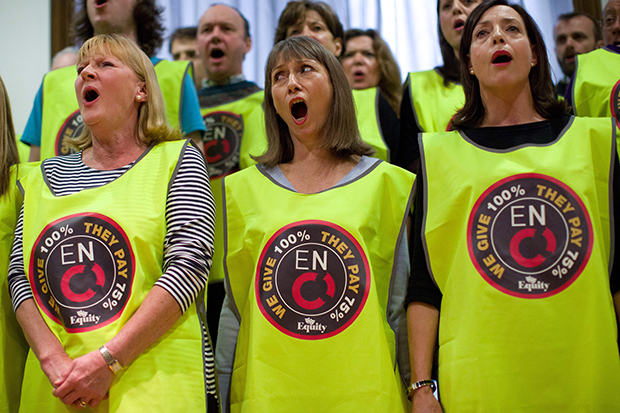
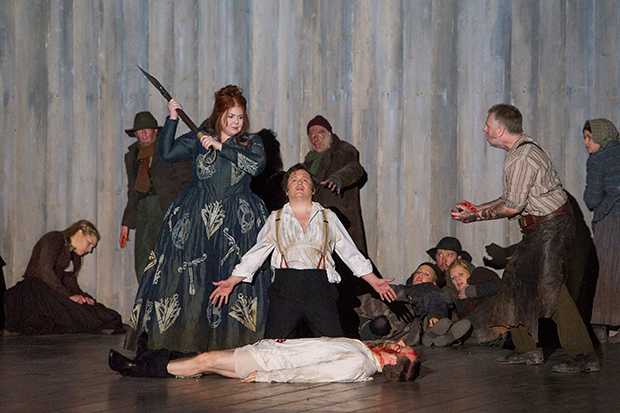
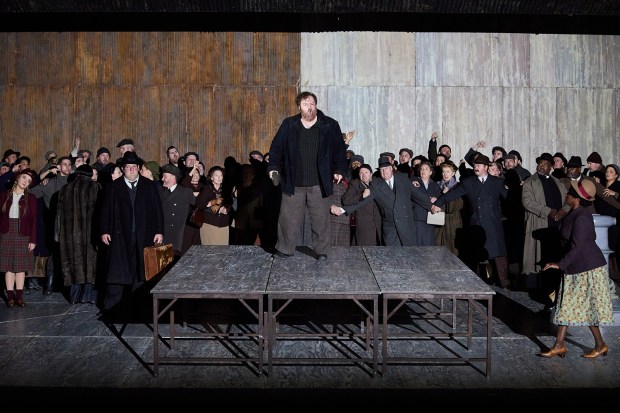
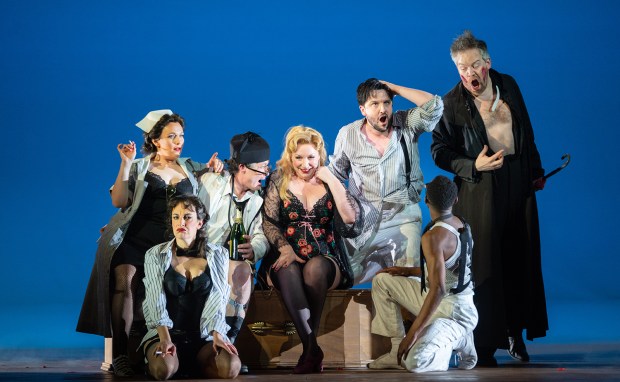
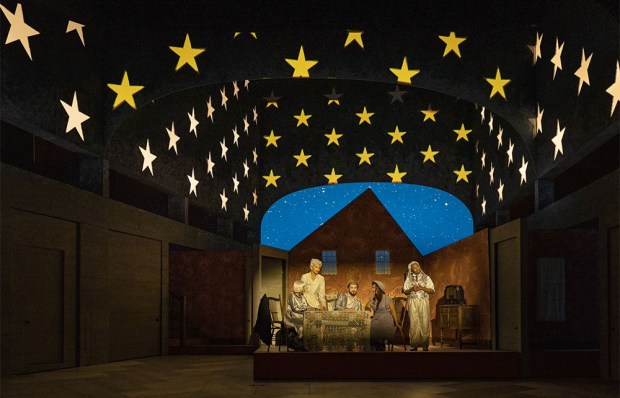
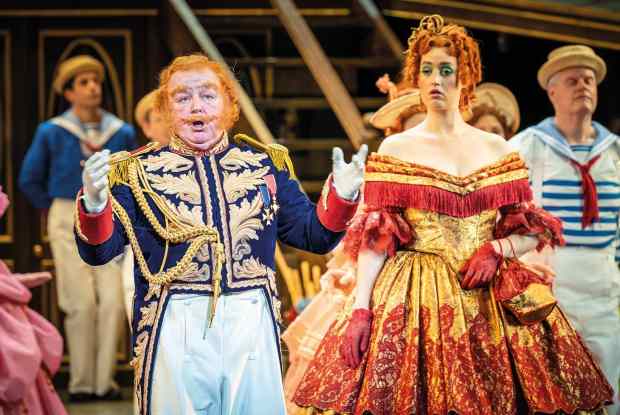
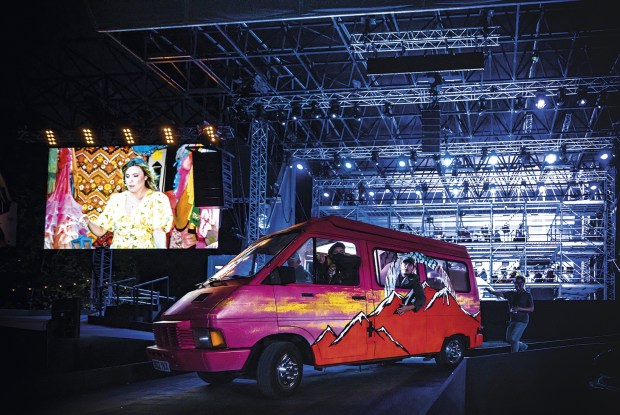






Comments
Don't miss out
Join the conversation with other Spectator Australia readers. Subscribe to leave a comment.
SUBSCRIBEAlready a subscriber? Log in